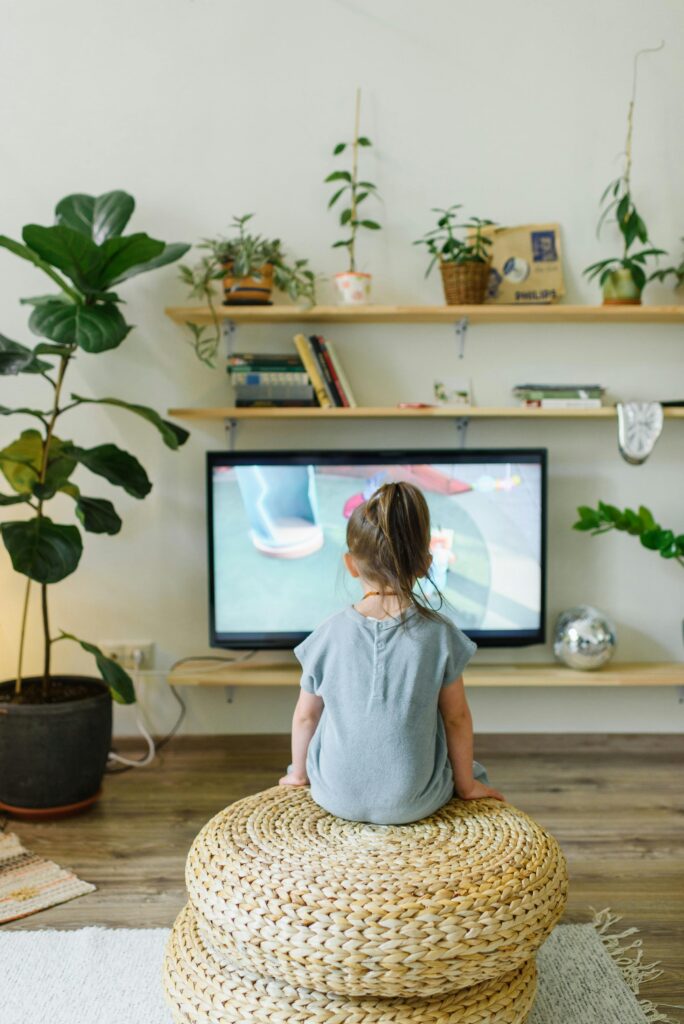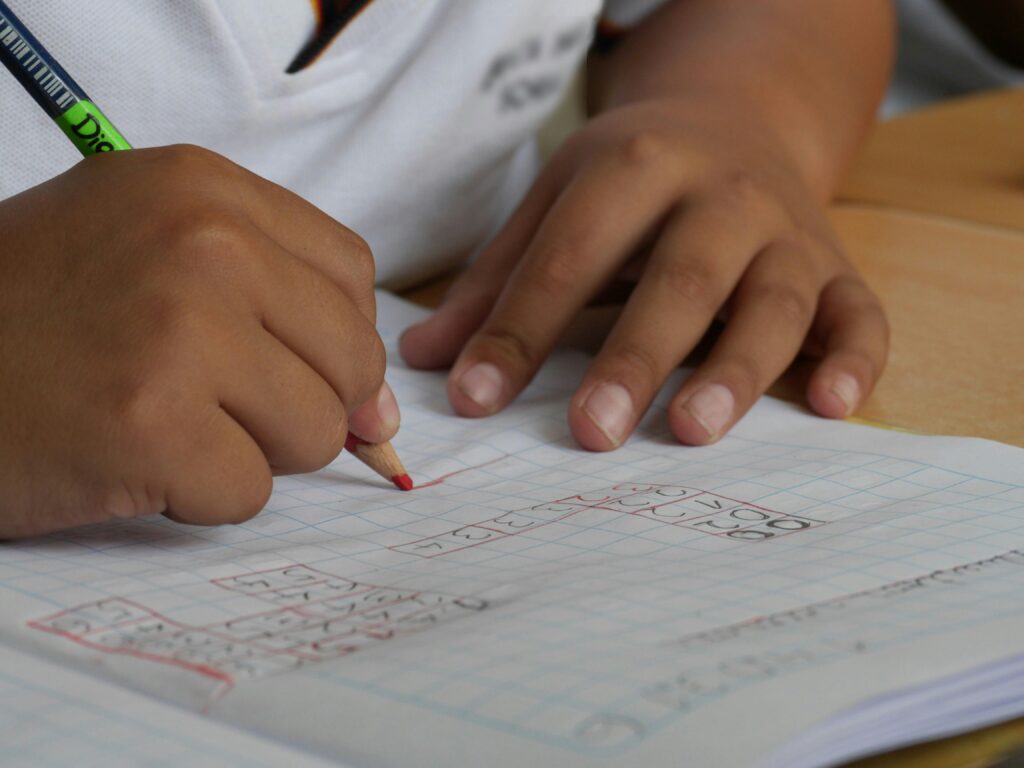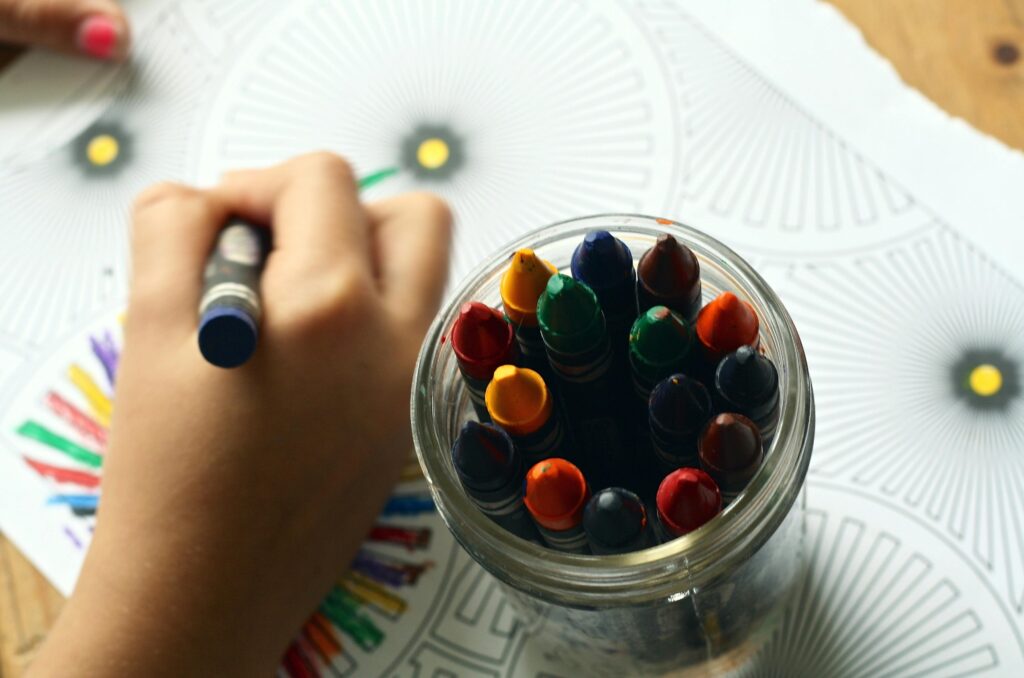
Home Ed and Socialising?
What about socialising?
I beg your pardon.
What about socialising, your kids, you home-school, have they got any friends?
Yes.
Well, what about that kid who died, the home-schooled one, what are you going to do about that?
Erm… I’m going to keep home-schooling my happy, healthy children because it’s working really well and is the best thing for them.
Furthermore, I’m going to leave Social Services, the Police and other professionals to do their jobs; safeguarding children – whether they go to school or not. If I see a child being abused, then I’ll report it to the authorities, but I haven’t seen that in any home-educating family I know – and I’ve known a few in my time.
What about those kids in America who were chained to their beds – they were home-schooled too!
Yes, it was very sad. I hope they got the support they needed after escaping and have made full recoveries.
You don’t get it, do you? Home-schoolers are clearly a dangerous group of adults who are, at best, irresponsible, at worst, abusive.
No. We aren’t.
But…
Sadly, abused children who go to school aren’t always saved, despite going to school. Some children are abused or harmed in school. Record numbers of children in school are reporting anxiety or poor mental health because of school. School isn’t a ‘magic pill’ that will stop abuse or harm.
If every home-educator is forced to put their kids in school tomorrow, it isn’t going to make a difference to the levels of child abuse across the country. It would, however, ensure all the home-educated children who are safe and happy at home, who are thriving and love their freedom, or whose special needs are being properly catered for at home, would lose the advantages of home-education overnight.
Child protection is not, in my opinion, a reasonable or rational criticism of home-education, but is rooted in prejudice and is inherently anti-parent (as if we’re all guilty and need to be treated as such).
What about socialisation?
You mean teaching my children the norms and values of society, such as standing in queues, returning supermarket trolleys, and complaining about the weather?
Yes.
Don’t panic; we’ve got it nailed.
And their social lives?
They have friends.
Home-schooling is for rich people, not…
Not the hoi polloi, the great unwashed, the common folk.
Exactly. You need serious money to home-educate.
People from all walks of life have successfully home-educated their children.
What about their social lives?
They have friends.
I’ve been to your house; it’s a mess. Toys and jigsaws everywhere, over-crowded shoe shelves, shelves and shelves of reading books, counting blocks (in the kitchen!), tanks of fish and reptiles, chickens in the garden, cats everywhere, folders and files everywhere, coats everywhere, old exam papers everywhere, colouring in and crayons everywhere.
You’re right.
If you put your kids in school, you could tidy your house!
You’re right.
And they could socialise.
They already socialise.
Yes, but your house is a mess.
And if my kids went to school, I could spend my time tidying the house until it looks like no one lives there? I could get rid of the books, toys, projects and animals, and replace them with sterile empty space, which I’d wipe down with bleach every day between re-hoovering my clean carpets and polishing my houseplants.
Instead of doing the home-schooling, which I love, I could tidy, which I absolutely don’t love.
No thank you.
There! You said it!
What?
You said you love home-schooling.
Isn’t that a good thing?
It’s all about you, isn’t it? All about keeping your kids under control; the ultimate narcissistic parenting where you churn out mini-me kids to feed your ego.
If that’s true, then why are my children so different from each other? If I want to control my kids, why did I purposefully give them the means to establish independent lives? Why have I encouraged them to think about their futures? Most importantly; why don’t they listen and obey like automatons instead of going off and doing their own things?
I just find home-educators so judgemental, like they’re better than the rest of us.
I’m not the one doing the judging.
So many of them are personality disordered and mentally ill.
That’s not true.
It’s so unfair on the kids; not being able to socialise like kids in school.
My kids do socialise with other children.
What about teaching them independence? How do your kids learn to be independent if they’re with you all the time?
Children don’t need to be taught how to be independent. It comes perfectly naturally when they’re ready. While it’s hard for very young children to be apart from their main caregiver (sometimes on both of them) it’s remarkably easy to spend time away from your teenagers and adult children.
Incidentally, I noticed when my children were of nursery age, they were much more confident being away from me than children who were in nursery most days. When I met with friends who used nursery, their children would want to be near their mothers while my children would run off and play. I wondered if they were afraid of being left because that was normal for them.
At least your kids can make friends and socialise when they’re older and not being home-educated.
Just like they did when they were younger and being home-educated.
I met a home-schooling family and their children didn’t even have GCSE English and Maths!
I’ve met people who went through eleven years of school and hadn’t passed GCSE English and Maths; that’s why colleges and sixth forms offer re-takes.
I met a home-schooling family and their six year old couldn’t read!
You’ve obviously been to my house; I don’t start teaching the letters until my children are six (or seven).
That’s terrible. What did they do before then?
Played with their friends.
Young children need to sit down and learn, not play!
I disagree. I think young children need to play and explore, not sit down.
They’ll never catch up.
In my experience they do, if you leave the formal schooling until their brains are sufficiently developed and ready, they catch up really quickly and haven’t been squashed by too much too young.
Children in high school have qualified teachers who specialise in one subject, how can you hope to replicate that at home? Aren’t you placing your children at a significant disadvantage; is that fair?
I never set out to replicate school.
For the more formal side of educating older children, I’ve found that using a mixture of textbooks, workbooks, distance learning courses, YouTube, online revision programmes, tutors, past exam papers (and the answers) have helped me piece together courses that work for my children.
I’ve also found that by doing fewer subjects and staggering their exams, my children have got excellent grades in their iGCSEs/GCSEs. We’ve been able to focus on preparing for one or two qualifications per exam season, instead of ten.
Isn’t that unfair on school-going children who have to take more subjects and sit all their exams in one season?
Make your mind up. You just said it was unfair on my home-schooled children to not have teachers and to sit fewer subjects.
I met some home-educated children and they were so rude and ill mannered! School would sort them out.
I met some school kids who were the same; school hadn’t sorted them out.
Any last regrets about depriving your children of social lives?
None, because they do have social lives.
I’m an expert in education and you’re just a parent; you should think about that.
I might not be an expert in all children, but I’m an expert in my children. That’s more important, I think. I can give them bespoke educations that suit them and, like I’ve already said, it has worked and is still working very well for us. If it wasn’t, I’d put them into school.
Katie Holden







Responses